DENVER, COLORADO—Western Digs reports that Durham University archaeochemist Denise Regan has discovered traces of salicylic acid, a precursor compound of aspirin, on an unassuming, 1,300-year-old ceramic sherd unearthed in a rock shelter in eastern Colorado. The discovery could be the earliest proven use of the chemical in North America, and offers a unique glimpse at prehistoric medicinal practices. Derived from willow bark, salicylic acid is still used by some Native groups today to cure aches. “If you talk to the Arapahoe or the Cheyenne, they’ll use willow bark either as a tea with the leaves or they will soften the bark in boiling water and chew on it for toothaches and as a pain reliever,” says Regan. She believes the sherd itself could have come from a vessel that was reserved for preparing poultices or tea. "I think it’s reasonable to infer that this pot was used for medicinal purposes and not to cook food. If it was used to cook food we would’ve more than likely found something else in there.”
Traces of Ancient Painkiller Found in Colorado
News August 12, 2014
Recommended Articles
Digs & Discoveries May/June 2025
Lay of the Land

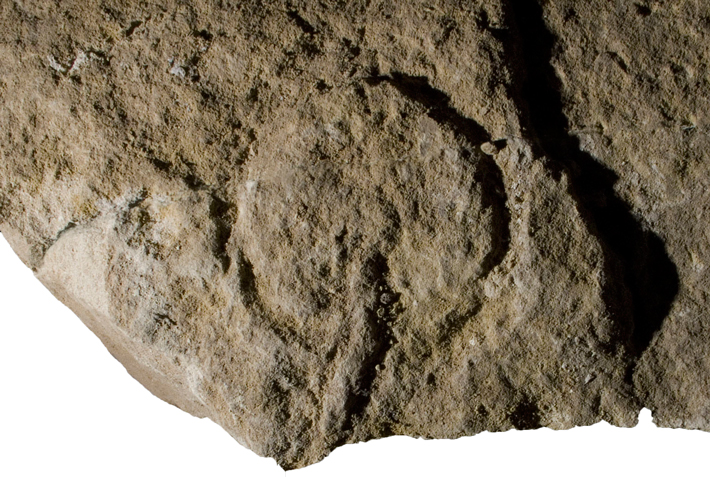
Artifacts July/August 2025
Maya Ceramic Figurine
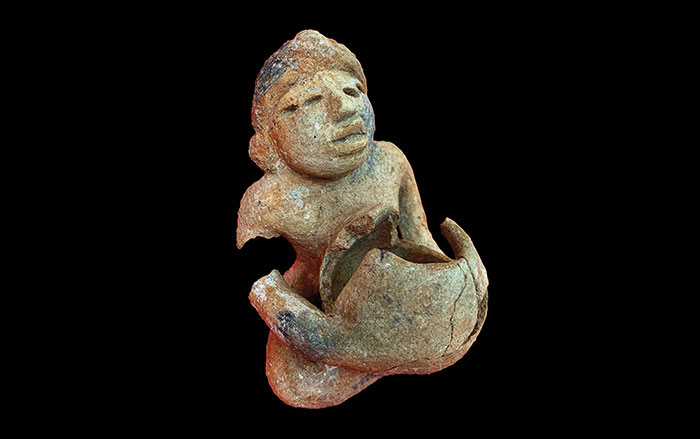
Off the Grid July/August 2025
Vichama, Peru

-
Features July/August 2014
The Tomb of the Silver Hands
Long-buried evidence of an Etruscan noble family
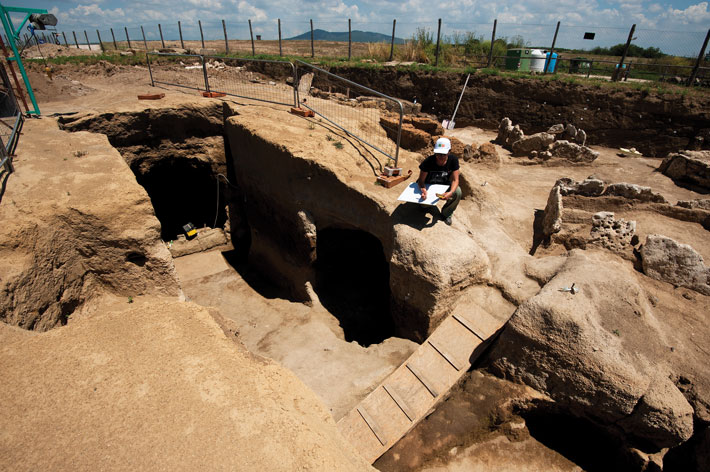 (Marco Merola)
(Marco Merola) -
Features July/August 2014
Revisiting the Gokstad
More than a century after Norway's Gokstad ship burial was first excavated, scientists are examining the remains of the VIking chieftain buried inside and learning the truth about how he lived and died
 (Courtesy Museum of Cultural History, University of Oslo, Norway)
(Courtesy Museum of Cultural History, University of Oslo, Norway) -
Letter From Scotland July/August 2014
Living on the Edge
Were the residents of a Scottish hillside immoral squatters or hard-working farmers?
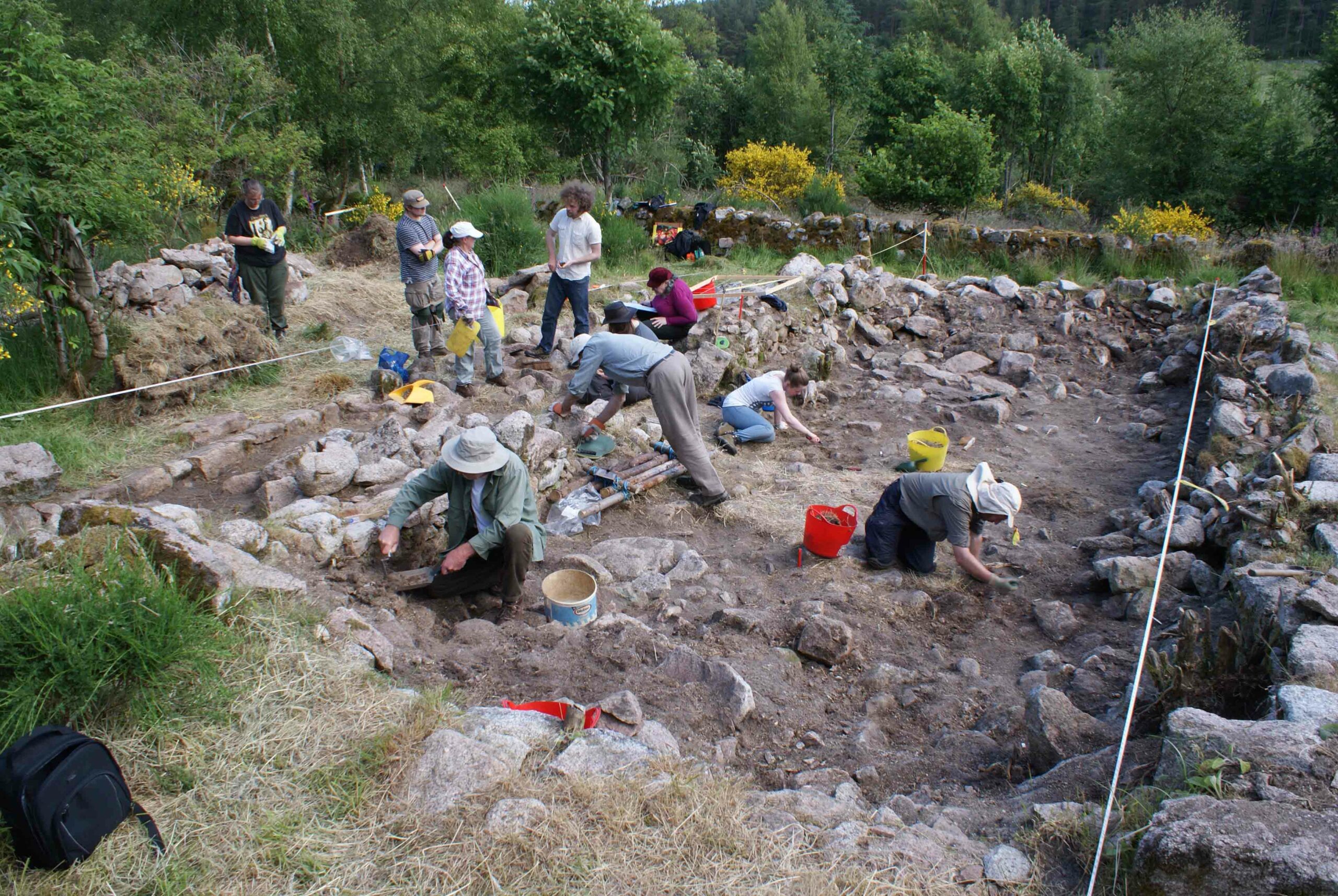 (Jeff Oliver, University of Aberdeen)
(Jeff Oliver, University of Aberdeen) -
Artifacts July/August 2014
Neolithic Wand
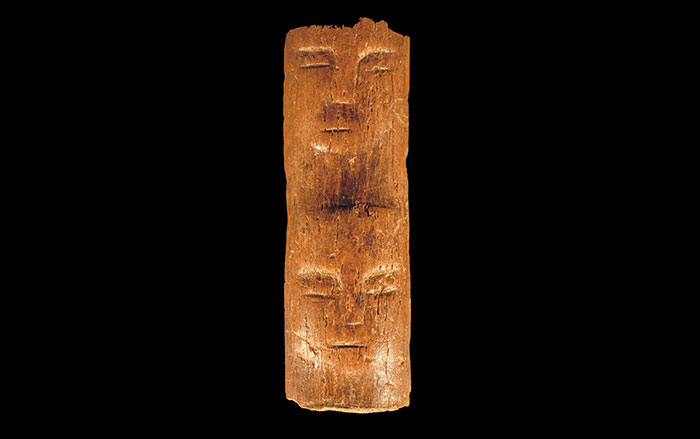 (Courtesy L.C. Tiera)
(Courtesy L.C. Tiera)


